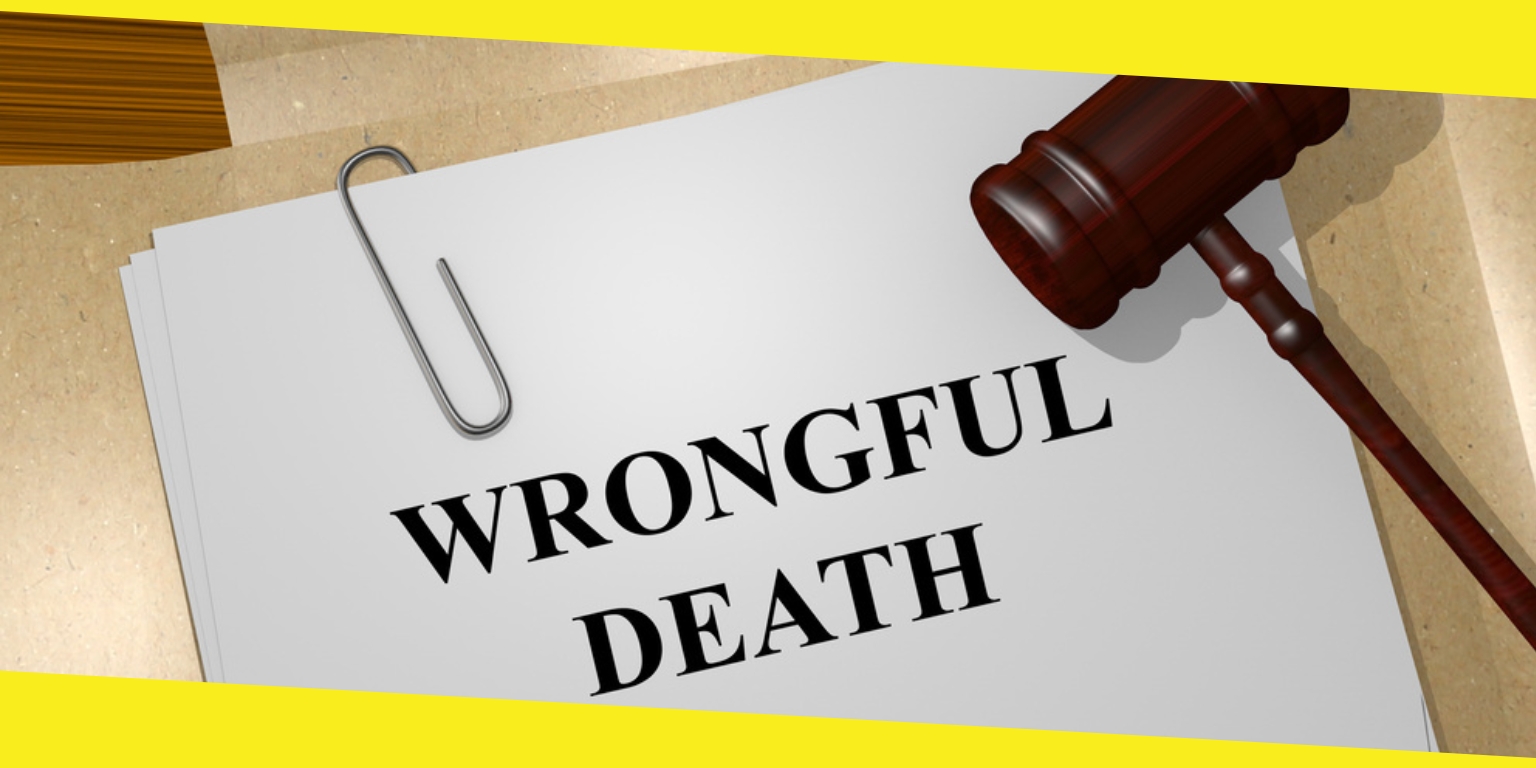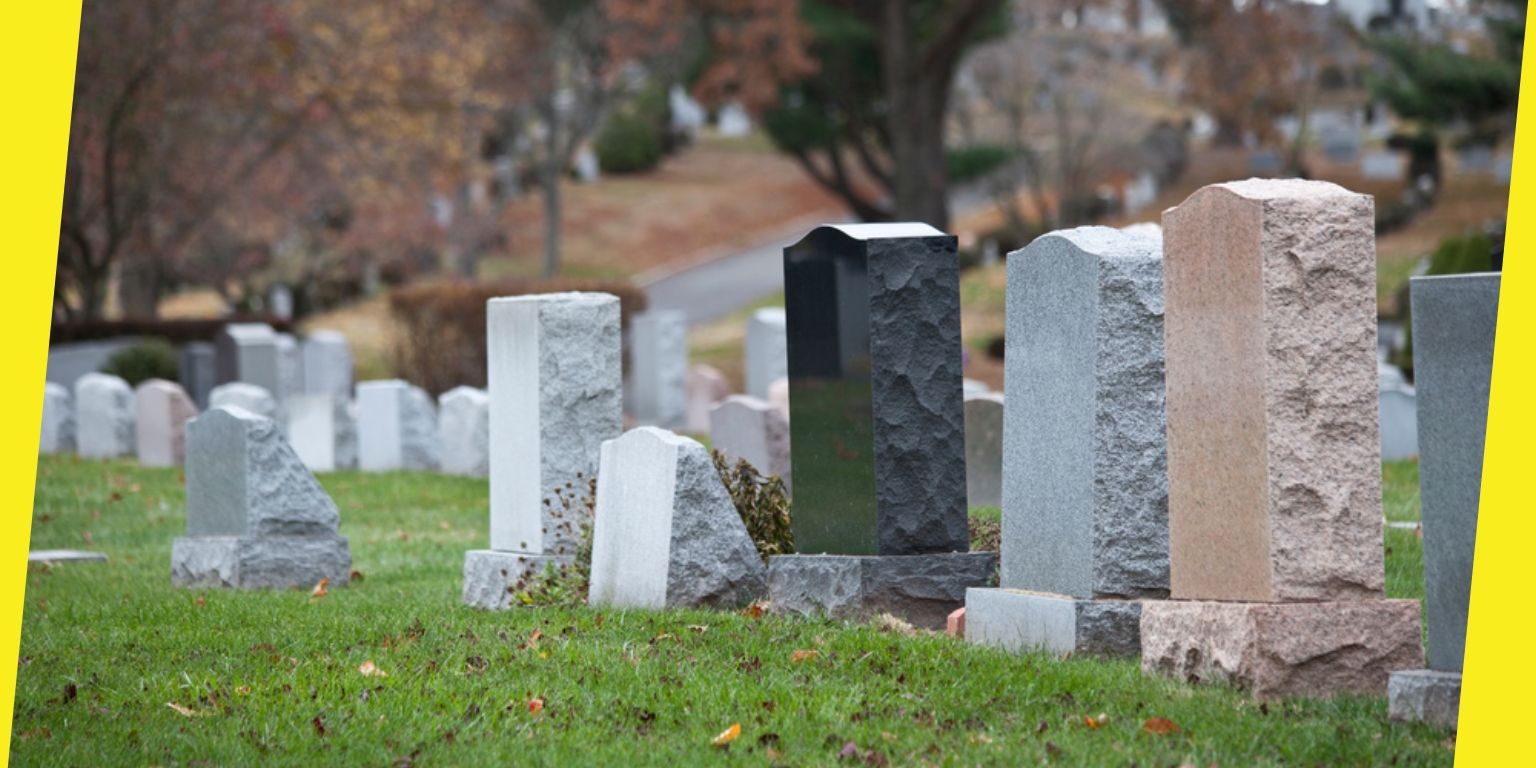Wrongful Death Lawsuits 101: What Qualifies As One?
This post was last updated on December 11th, 2024

A wrongful death lawsuit is a civil case filed by the family of a person killed due to the an intentional or negligent act by another person or entity. It’s not a criminal case; it’s a civil action. This type of lawsuit aims to recover damages for the family members.
This type of lawsuit can arise from all kinds of incidents, including accidents, medical malpractice, and criminal acts. These cases often require an experienced attorney who can guide you through this difficult time and help you get justice for your loved one who was taken away too soon.
Who Can File A Wrongful Death Lawsuit?
A wrongful death lawsuit can be filed by anyone or a combination of people. The first people who may be able to file a wrongful death suit often referred to as the legal heirs are:
- The surviving spouse or domestic partner
- Children under the age of 18 or 21 years old, depending on your state’s law.
- Parents who depend financially on their deceased child for support.
- Disabled relatives (if living with the victim).
If, for example, you’re considering filing a wrongful death claim, it is important to seek representation from an experienced attorney who will fight for your rights and ensure you receive all the compensation owed to you under the law.

What Qualifies As A Wrongful Death Lawsuit?
Wrongful death lawsuits can arise from all types of incidents. Here are the four key elements of a solid wrongful death case:
- Death of a human being.
- Negligence – failure to act with reasonable care that leads to a human’s death. Cases of intentional harm leading to death can also satisfy this element.
- Causation – the death must be caused by the negligent or intentional act.
- Damages – the deceased’s family must suffer a substantial loss due to their loved one’s death.
The following are five scenarios that qualify as wrongful death:
1. Death Caused By Negligence
You must prove that a person died due to someone else’s negligence or wrongful act. The injured person must have also been injured directly due to the negligent act. Some scenarios include driving while impaired or intoxicated, administering the wrong drug, failing to maintain a property leading to accidents, and many others.
The victim must also have died within a specified time after being injured. But, in cases where victims died from a long-term illness, you may still be able to file suit against the party who caused their injuries if you can show that:
- The injury was serious enough to lead to death over time
- The injury had worsened due to past medical care and treatment
- There was no other cause of death other than injuries.
2. Intentional Killing
In cases of murder and intentional killing, heirs or representatives can also file a wrongful death lawsuit. This represents a civil matter, separate from the criminal case also filed.
The civil case often comes after the criminal trial using the same evidence, usually held to a lower burden of proof. In some cases, the criminal jury may find the defendant not guilty beyond reasonable doubt, but the civil jury can find the defendant guilty or liable for wrongful death damages, as in the infamous case of O.J. Simpson.
3. Medical Malpractice
The term medical malpractice refers to a situation in which a doctor or other medical professional fails to provide the standard of care expected and causes harm to a patient. If it’s proven that the healthcare provider failed to act with reasonable care and caused your loved one’s death, you could file a wrongful death lawsuit against them.
4. Automobile Accidents
Some of the most common wrongful death cases involve automobile accidents. If your loved one was killed in a car accident, their eligible heirs may be able to file a wrongful death lawsuit.
If your loved one was a passenger in the car that was involved in the accident, then they could be considered a victim if:
- They sustained serious bodily injury as defined by state law; and
- That injury led to their death within one year of its occurrence.
The statute of limitations may vary from state to state. It’s best to consult personal injury lawyers as soon as possible after the death, so they can prepare your case promptly.
5. Financial Loss Has Resulted From The Victim’s Death.
Heirs may be entitled to compensation if they lost a loved one who provided financial support. If a loved one passes away and leaves behind children, they may be able to recover the cost of the children’s future education or loss of inheritance.
Conclusion
Wrongful death lawsuits provide a way for families to right wrongs and seek justice. They help victims’ families recover financial losses and provide compensation for their suffering. As long as you have all the evidence in place, with the right lawyers, it’s possible to win this case and get what is rightfully yours.
Recommended For You
7 Situations Where You Need a Lawyer
Most Inside
Most Inside offers high-quality recommendations and valuable updates to enhance all aspects of your life, providing premium guidance and enriching experiences.




